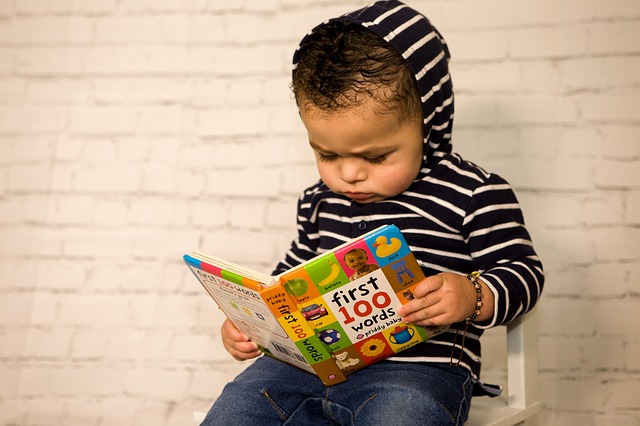Wednesday, February 5, 2020
The Public Library System Redesign (PLSR) was a multi-year process resulting in a Recommendation Report that was delivered to DPI in 2019. As DPI works internally and with stakeholders to make recommended improvements, we want to be as transparent and open as possible. Watch for regular updates on the Wisconsin Libraries for Everyone Blog and be sure to reach out with any questions or comments to us at DPI-PLSR@dpi.wi.gov. Thanks!
DPI staff continue to work internally to set the stage for future success in implementing PLSR recommendations. Read below for updates on PLSR-related activities.
We are currently recruiting for a Project Coordinator. This position will help keep PLSR projects on track and connect disparate threads of work that overlap recommendation areas. This role will also help implement business process improvements and provide project management guidance to our staff. This position is primarily focused on PLSR, but will also assist with other library projects and processes, such as LSTA administration. We anticipate filling this role in March.
We have also been busy planning an Implementation Summit to be held during the first week of June. This will be a “point-in-time” check-in, facilitated by an outside consultant, to ensure the implementation process is moving in the right direction. We are working with system staff to build a representative list of attendees from libraries across the state. More details to come!
In order to ensure progress is being made on specific recommendations from the Final Report, we are reviewing recommendations and workgroup reports internally and completing further analysis that will help with implementation. Here are some brief updates on particular efforts:
Analyze the Current Funding Formula
Before his retirement, John DeBacher completed a draft of an issue paper that describes Public Library System funding. This is being reviewed and finalized. Additionally, we are preparing calculations of the existing state aid formula as well as a calculation of the alternate state aid formula that is described in statute, but not applied. This is groundwork for a larger study of the funding formula.
Professional Development
Our staff is working on defining the functionality of a statewide professional development tool. What problems would it solve, what would it make easier, and how would it enable librarians in the state, our most important asset, to do their jobs more effectively? We are also learning about the functionality of Learning Management Systems, both those currently licensed by DPI as well as those in use in other states or fields. In addition, we are engaging in conversation with colleagues from other state libraries to find out what solutions are working or not working for professional development nationally.
Enhance Collaboration by Creating Incentives and Removing Barriers
Library System Directors created an inventory of existing collaborations that are already happening in the state. We are reviewing that inventory and looking at other collaborations throughout the state to identify successes on which to build as well as start a gap analysis process to see where collaborations might be needed. We are also paying attention to other recommendation areas to identify potential barriers that might need to be addressed.
Initiate Delivery Service Pilot Projects
We are working to hire an external consultant to review the Delivery Workgroup report and the Final Report and define parameters and make recommendations for locations to host a delivery pilot project or projects.
Discovery Layer
To ensure we are speaking the same language when we talk about the potential for a State-scale Discovery Layer, we are developing a document to chart the features of various library technology platforms, such as ILS, ILL Management Platforms, Discovery Layers, etc. This information will serve as the basis for an upcoming issue paper. We have submitted a program proposal to discuss our findings at WAPL.
For more information on PLSR, visit the COLAND PLSR website.
Written by Ben Miller, Division for Libraries and Technology

 he
he  Opportunities and Vignettes for Library Makerspaces
Opportunities and Vignettes for Library Makerspaces